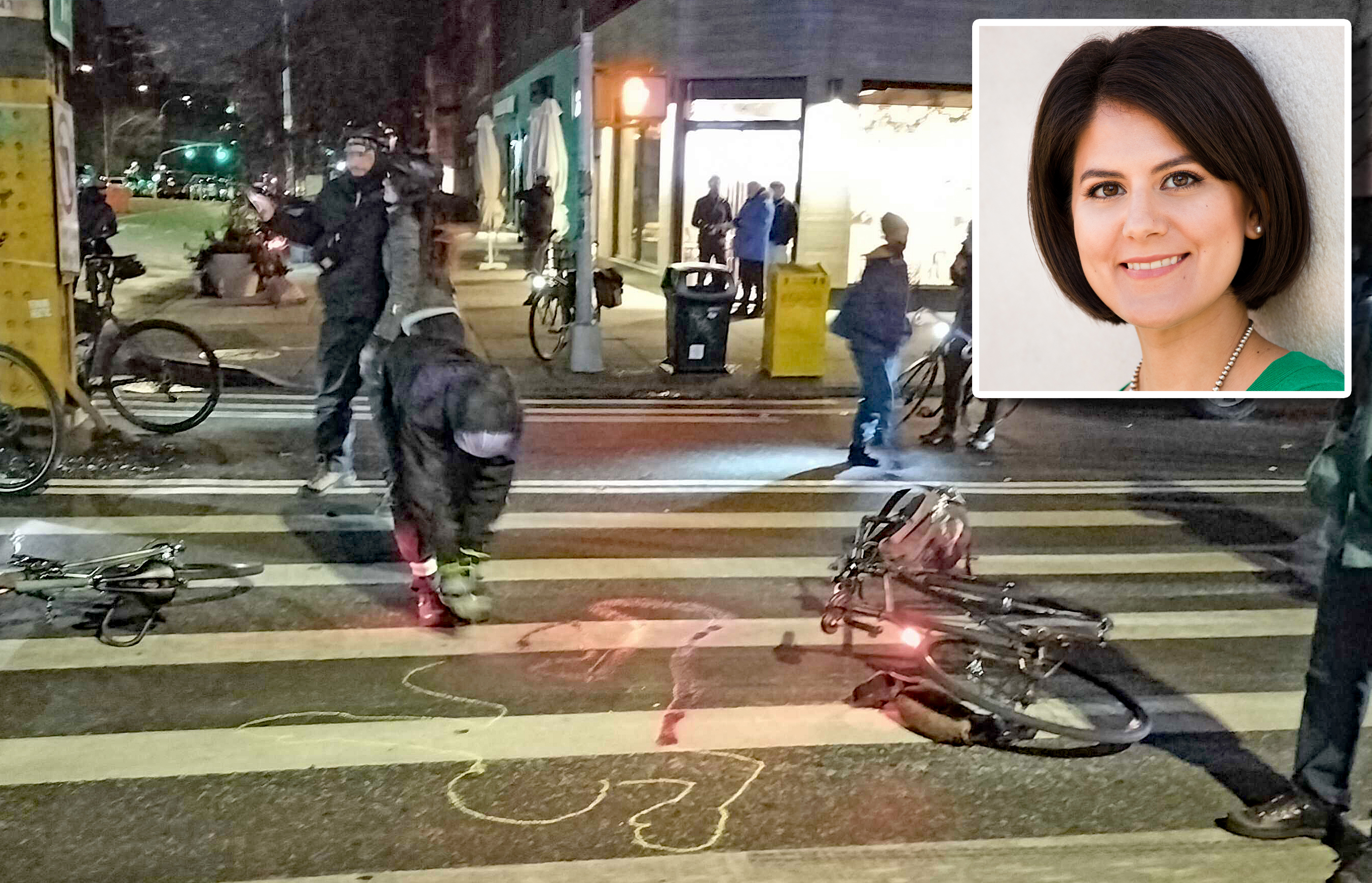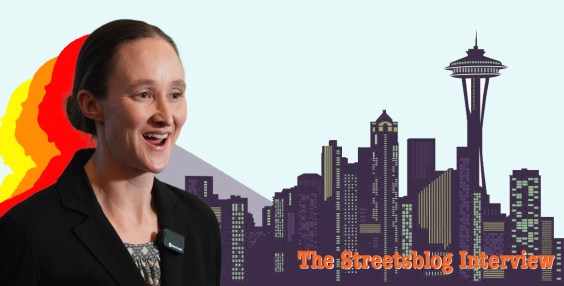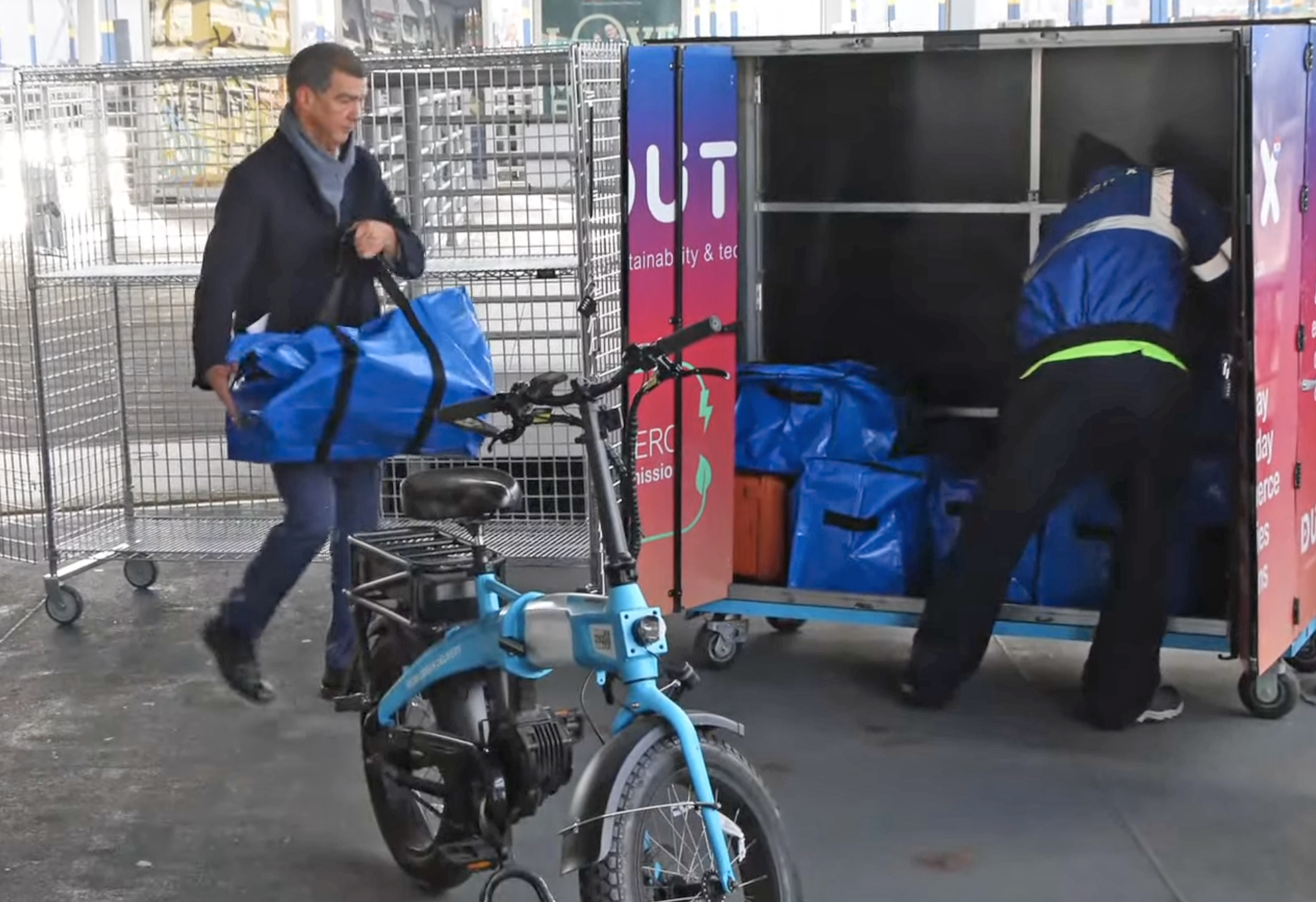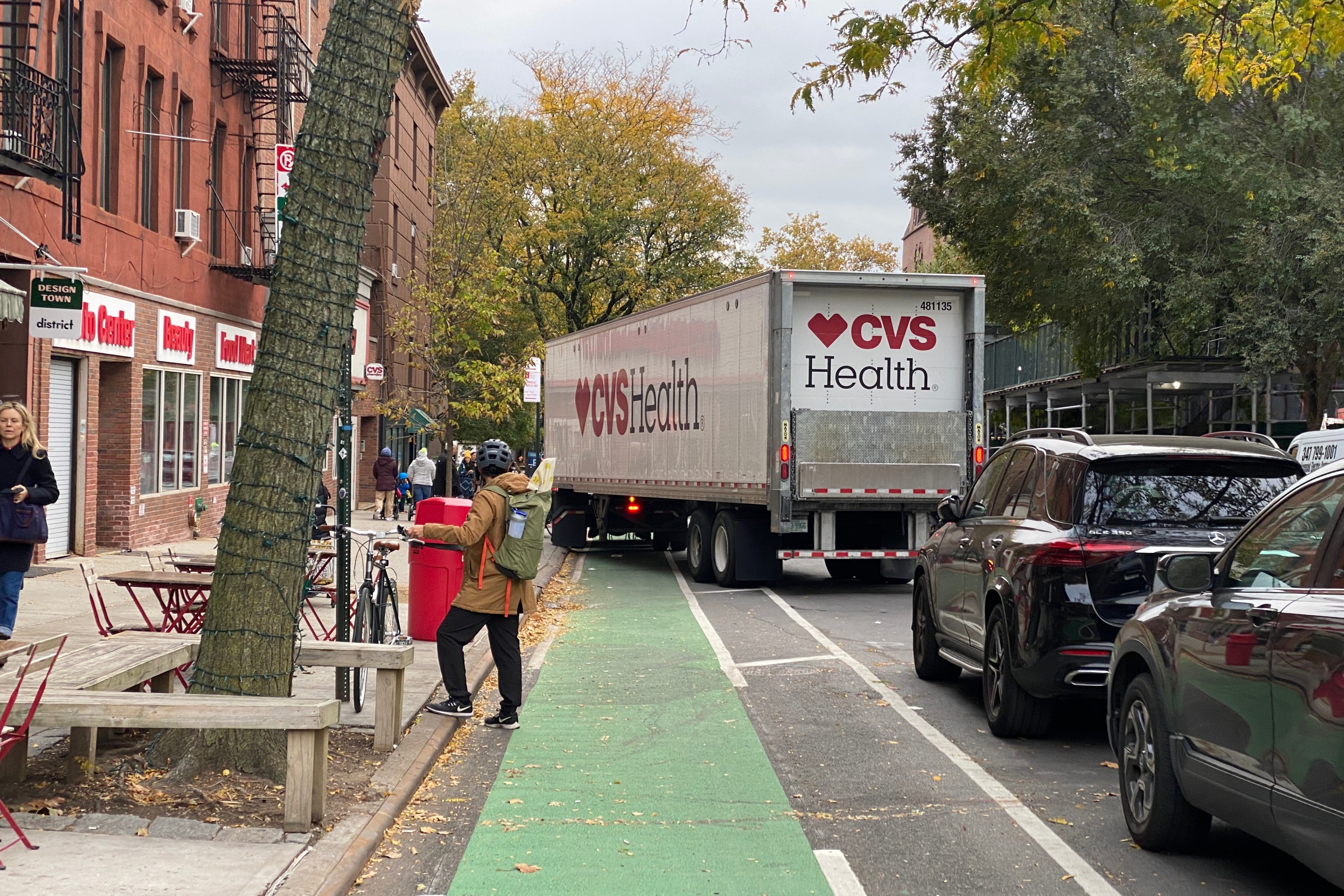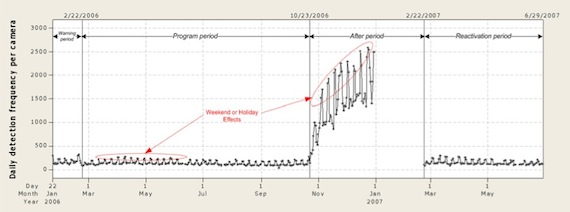
As valuable as 20 mph speed limits would be, for some New Yorkers they'd be dead letter law. Take, for example, the scofflaw motorists whom a team of fourth graders caught speeding 50 mph down Atlantic Avenue last week. Safer streets will require not only a lower speed limit, but an effectively enforced speed limit.
In the short term, however, we can't wait on the NYPD to take speeding seriously. Only a tiny fraction of the moving violations handed out by the police are for speeding, and according to both Police Commissioner Ray Kelly and Mayor Bloomberg, that's how it's likely to remain. No NYPD officers attended last Friday's Stop Speeding Summit, despite numerous invitations by phone and e-mail, according to Transportation Alternatives Executive Director Paul Steely White.
Moreover, with 40 percent of motorists in New York City driving above the speed limit, it might be asking too much of the police to expect them to effectively crack down on the problem without sacrificing elsewhere.
There's a way around the NYPD, however: automated speeding enforcement, or cameras. Getting state authorization for speeding cams will be one of TA's top legislative priorities in 2011. At Friday's summit, the Assembly sponsor of the speeding cam bill, Deborah Glick, dished about what it will take for her bill to become law. It won't be easy or simple.
There are already 70 communities in 13 states using automated cameras to enforce speed limits, according to Richard Retting, the director of safety and research for Sam Schwartz Engineering. Their results have been impressive. In D.C., said Retting, the proportion of vehicles speeding by more than 10 miles per hour dropped by 82 percent. "If you go this route, you have good company," said Retting.
Cameras also have a number of advantages over traditional police enforcement of the speed limit. One of those, according to Michele Fields, the general counsel for the Insurance Institute for Highway Safety, is fairness. "It's colorblind. It doesn't care what you're driving. It cares how fast you're driving it," she said. Fields further argued that police have better things to do with their time than waiting with a radar gun. "It relieves officers and frees them up to do those things that only an officer can do well," she said.
Camera enforcement is even surprisingly popular. Polls have shown between 51 and 77 percent of drivers supporting speeding cams, according to Retting. John Petrozza, the executive VP for camera contractor American Traffic Solutions, said that red light cams poll 77 percent support in New York state, and that support for speeding cams is probably just slightly lower than that.
Neither popularity nor efficacy, however, are sufficient to get a bill through Albany, warned Glick. "Let me remind you," she said, "over 80 percent of the American people supported a public option for the public health debate last year and it was the first thing that got thrown overboard." One problem is that those with the power to stop speeding -- Glick listed police officers, judges, and lawmakers -- have likely all sped themselves. "They don't view themselves as being a criminal," she said.
Glick suggested a few ways to help push speeding cams through Albany. The first is some help from City Council. "We have not advanced the bill where I'd like to see it, out of committee, because this bill is being seen as needing a home rule message." It's a lot easier for the state to grant new powers to the city if the city formally asks for them. What's more, the Council vote provides some political cover for wavering state legislators. Glick explained the logic: "I'm not going to get angry calls from constituents and not have the City Council member behind it."
Glick also said that the bill has to be clearly seen as a safety measure, not a revenue stream. "Whatever the fine is, the sanction has to be viewed as not just another way to raise money," she said.
One suggestion for how to make that connection clear was to require that cameras be placed at the most dangerous locations. Fields said that was common practice nationally and Petrozza noted that public opinion was especially favorable to speeding cameras in front of schools and work zones.
Not everyone was so keen on finely targeting camera enforcement. Former NYC DOT Commissioner Lou Riccio had a different plan: "I'd say put them everywhere."

